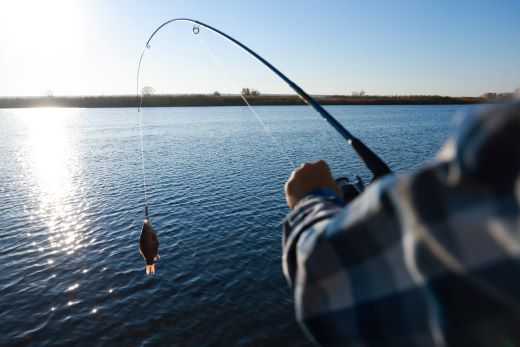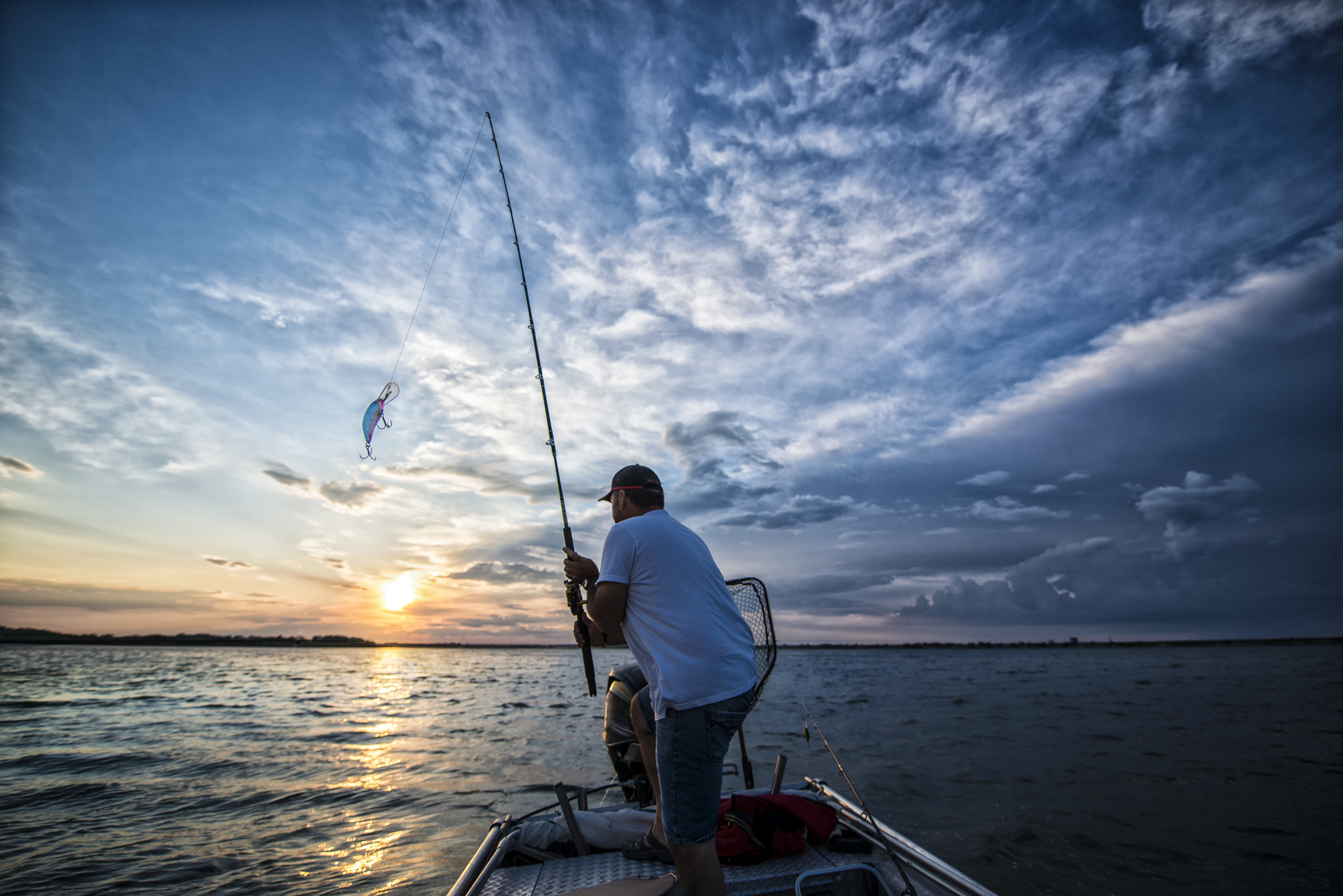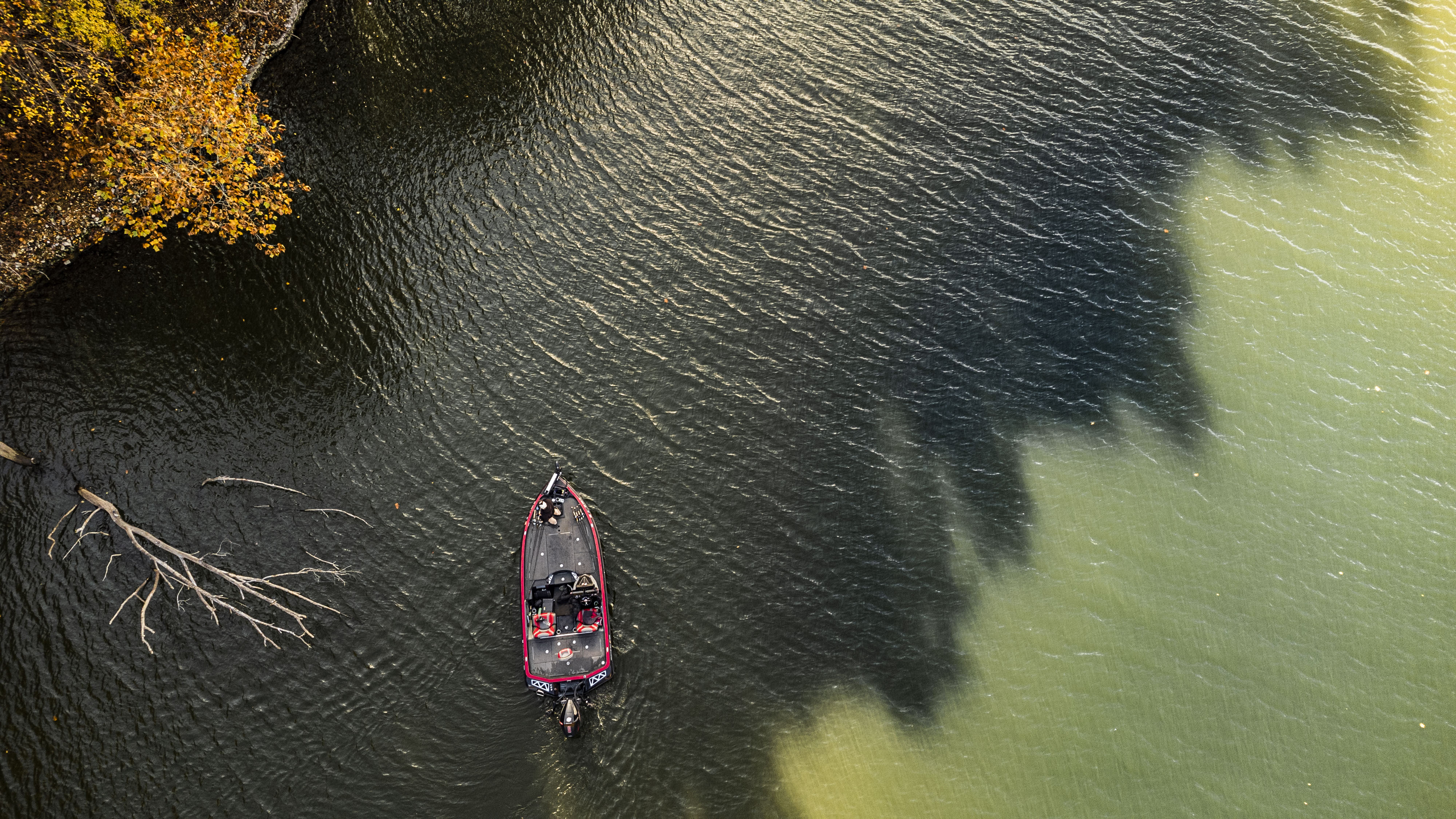Fishing is usually considered a solo sport, but it doesn't have to be! The experience changes based on the time of year and how widespread your fishing spot is.
So, whether you're fishing alone or with others, following some basic fishing rules and regulations is essential. Doing so ensures that everyone has a great time and that our nation's waterways remain in tip-top shape.
9 Rules for Responsible Fishing
Like any sport or recreational activity, there's a right and a wrong way to act while fishing. However, fishing etiquette is incredibly easy to follow and will take you far in the angler world.
Following fishing rules, regulations, and safety guidelines should always be a top priority. (That way, no one will get a hook in the hand.) Whether you're fishing from boats, piers, or on the beach, keep the following in mind:
1. Be Courteous to Other Anglers
If you're fishing in a busy area — like a pier — be considerate of other anglers. Avoid standing too close to them or interfering with their fishing game.
Additionally, if others ask, be prepared to share your fishing experience and any advice you may have. Sharing the hobby is one of the best parts about fishing!
Read Next: Fishing Tips for Beginners
2. Get a Fishing License
Get a fishing license, learn about different fish species, and follow all the rules. Also, remember your boating license before going out on the water. If you don't comply, you might have to pay hefty fines.
Fun Fact: Most states use the money made from fishing permits to maintain the waters and keep the sport alive. Therefore, it's a win-win!
Don't Encroach on Personal Space or Private Property
Fishing in unique spots is incredible. However, you should avoid trespassing on private property or entering restricted areas without permission. Trespassing can have detrimental consequences – so it's better to be safe than sorry!
3. Practice Correct Garbage Disposal
Always dispose of your trash — including personal items — properly. We recommend having a trash bag ready for clean-up, as you want to leave places better than you found them. Additionally, avoid dumping trash, gas, or oil in the water or on land.
4. Be Kind to the Environment
Similarly, you should always respect the land and bodies of water you're exploring. Make sure not to leave any trace of your time spent there and be careful not to pollute (or act in any non-sustainable manner).
5. Release Unwanted and Small Fish
Catch and release is a common fishing practice that involves catching, measuring, weighing, and photographing fish as proof of capture. Afterward, those fish are unhooked and released (alive) back into the water.
We recommend catching and releasing any small or unwanted fish. Be sure to handle them gently, using a de-hooking tool or pliers. Avoid handling them excessively and release them promptly to give them the best chance of survival.
6. Know the Catch Limits and Minimum Size Requirements
It's essential to know the catch limits and minimum size requirements of the body of water you're fishing in. (Knowing this information ensures you're following the law and protecting the native fish population.) Therefore, every angler should research and understand the regulations before casting a line.
Keep in mind that some bodies of water prohibit specific fishing methods. For instance, you might only be allowed to fish with artificial lures (instead of live bait).
7. Use Proper Gear
Having the right gear is essential for protecting fish and avoiding common fishing mistakes. Generally, that gear includes a rod, reel, tackle, tackle box, sunglasses, and cooler. Of course, the specific equipment you'll need varies depending on the type of fishing you're doing.
8. Keep Noise to a Minimum
Avoid making loud noise or throwing anything in the water when you're fishing, as this will likely scare the fish away. Additionally, excessive noise can bother nearby anglers trying to lure their catch. Respect your surroundings and treat others how you want to be treated.
9. Be Patient
Fishing is a slow process. However, the peacefulness of the water is a big draw! Instead of worrying about where the fish are or if you're using the right bait, try to relax and let things happen naturally. And, of course, make sure to enjoy yourself!
The Bottom Line (Pun Intended)
Fishing is an incredibly enjoyable pastime and an excellent way to explore our nation's waterways. However, following these fishing rules and regulations ensures you do so respectfully and safely.
As experts in the industry, our Discover Boating team is always looking for ways to help others make the most of their nautical experience. If you're interested in other fishing guides like this one, head to the Articles & Inspiration section of our website.


